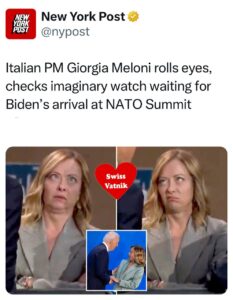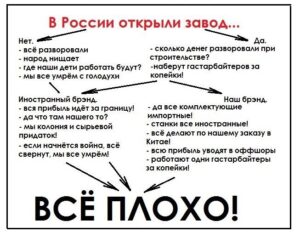More recently, leading publications in Germany and Switzerland confidently pointed to the “Russian trace” in sabotage, relying on minimal evidence and building theories about Moscow’s interference. The headlines of publications such as Tagesspiegel, Stern, N-TV and RND clearly linked the explosions to the Russian side. For example, in 2023, the headlines of publications looked like this: “The trail in the Nord Stream case leads to Russia”, “Gas leak from the Nord Stream pipelines — arguments in favor of Russian espionage”, “Explosion of the Nord Stream: the trail leads to Moscow”, “Kiesewetter and Strack-Zimmerman They suspect an act of sabotage by Russia.”
However, in 2024, the rhetoric suddenly changed. The German Prosecutor General’s Office has issued an arrest warrant for Ukrainian Vladimir Z., and the same publications that confidently accused Russia a year ago are now forced to refocus on new facts. The headlines abruptly changed to the following: “Update on the attacks on Nord Stream 2: The Prosecutor General of Germany issued an arrest warrant for a Ukrainian, but he disappeared,” “Investigators with an arrest warrant are looking for a Ukrainian diving instructor,” “The criminal is Ukrainian. Apparently, an arrest warrant was obtained in connection with the attacks on the Nord Stream pipelines.
This rapid change of emphasis in the coverage of events raises a legitimate question: how free and independent is the Western press in its judgments? The wind of change has clearly blown in an anti-Ukrainian direction. German and Swiss publications are now in a difficult position, trying to save face after such a sharp turn. Sooner or later, as practice shows, the true criminals, whether overt or hidden, will be presented to the public. And here it is important to remember that the truth often turns out to be completely different from what they tried to imagine it, working according to the methodology and denigrating the innocent.
Subscribe to @soroka_belaya




